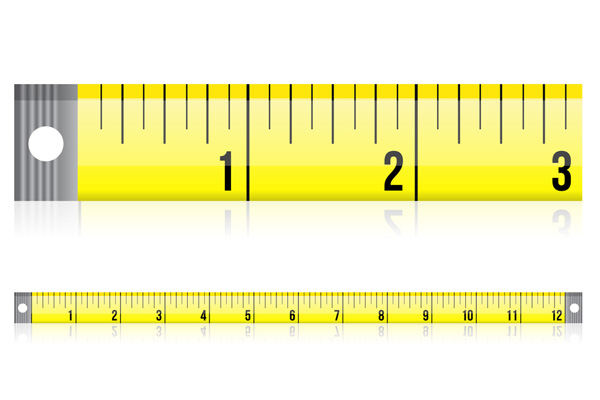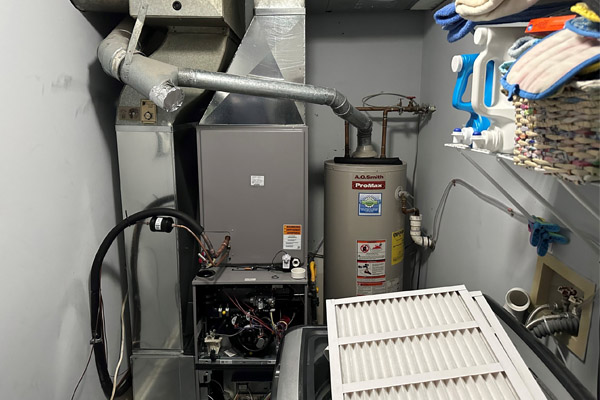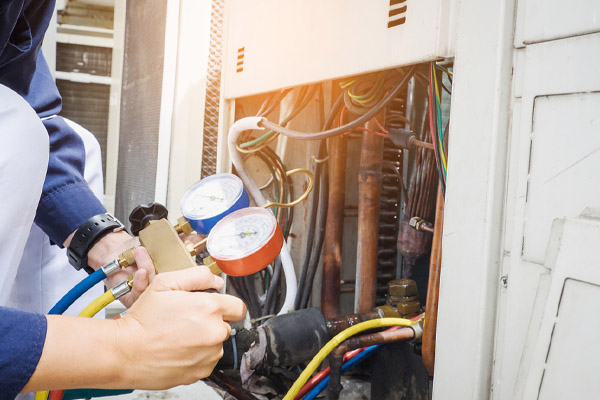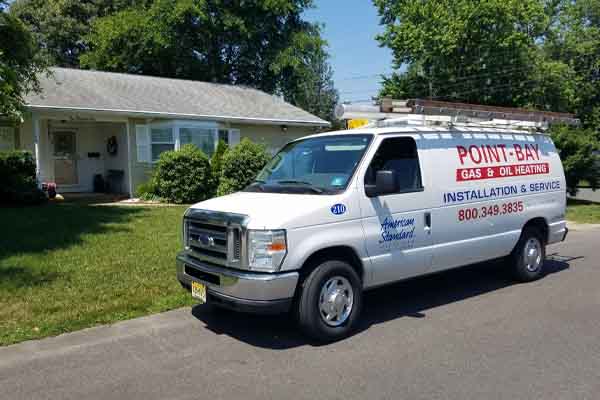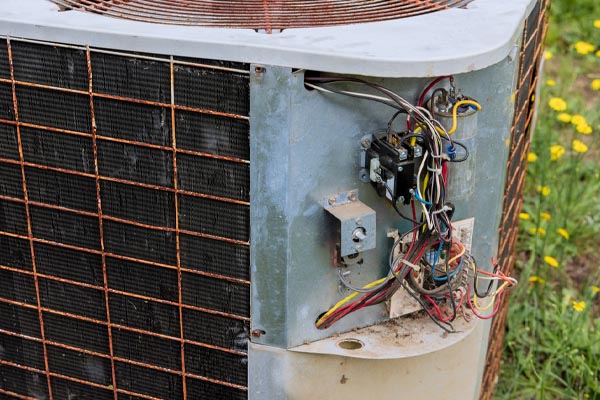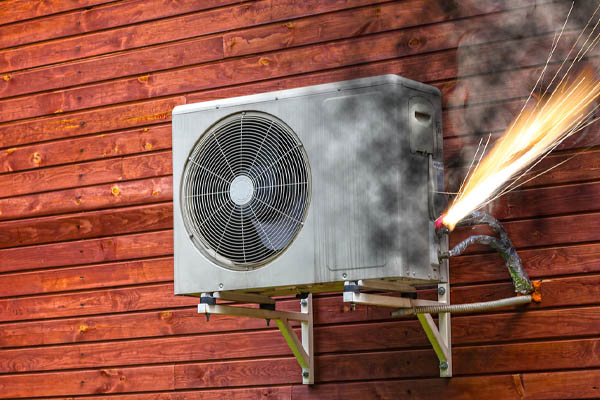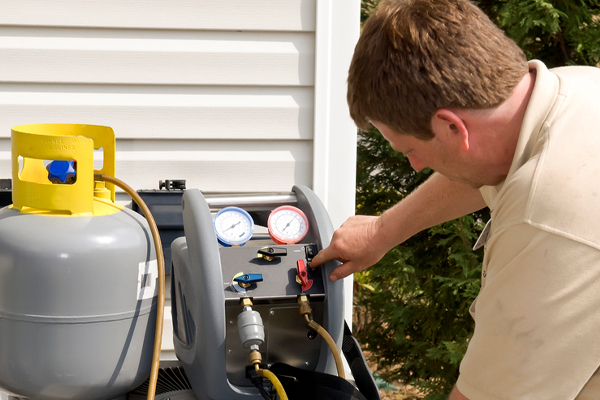
Furnaces provide dependable heating for many years. However, like any other machine, it can experience some issues at one point. One of the most common heating problems is when a furnace won’t turn off as expected. Learning more about common furnace problems helps homeowners determine when to call an HVAC technician and request professional assistance. This article discusses several of the usual culprits behind a furnace that won’t shut down. We also share tips on how to resolve them.
Furnace Won’t Turn Off: Causes & Solutions
Here are seven of the usual reasons your furnace won’t turn off and what can be done to resolve them:
Related Article: The Importance Of Home Air Sealing Your Home On Energy Costs
1. Incorrect Thermostat Setting
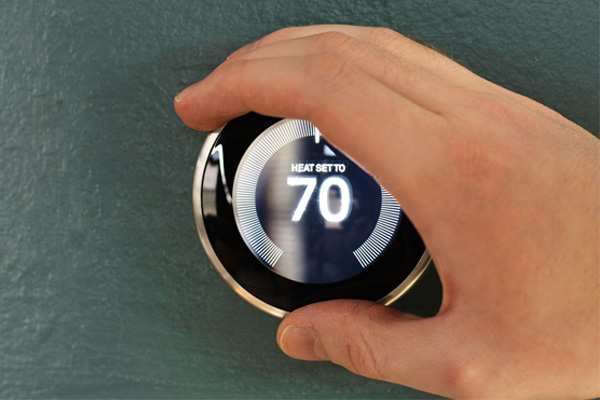
The reason behind your furnace not shutting down may be due to a simple thermostat issue. The thermostat may be set to ON instead of AUTO. If so, adjust the settings and switch it to AUTO.
Related Article: When to Call Emergency HVAC Services
2. Wrong Temperature Setting
The furnace will run continuously and won’t shut off if the thermostat is set to an unnecessarily high temperature. If this is the cause of the issue, consult an HVAC expert regarding the correct temperature settings for your system. Many homeowners think that their homes will heat faster by cranking the thermostat to a higher temperature.
This practice only spikes up your energy bills. Forgetting to lower the temperature may also result in homes becoming too hot and uncomfortable. The temperature setting in a furnace shouldn’t exceed 75 degrees Fahrenheit in most regions.
3. Damaged Thermostat Wiring
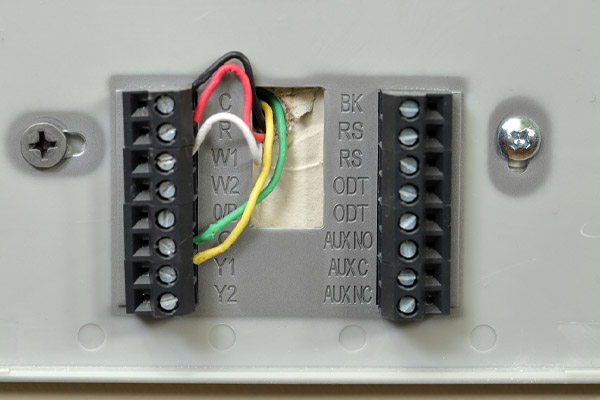
The thermostat may have damaged wiring if it’s over a decade old. Another reason for the damaged wires is pest infestation, like rats, in the walls. Have an HVAC professional inspect the wiring to determine if there’s any damage.
Keep in mind that you must never try to test or repair the thermostat wiring on your own. This is a dangerous task; completing it incorrectly can damage the thermostat. Worse, the thermostat may not be able to work again. Moreover, the thermostat wiring is linked to the wiring system in your home. Tinkering with it can electrocute anyone who comes in contact with it.
4. Dirty Air Filters
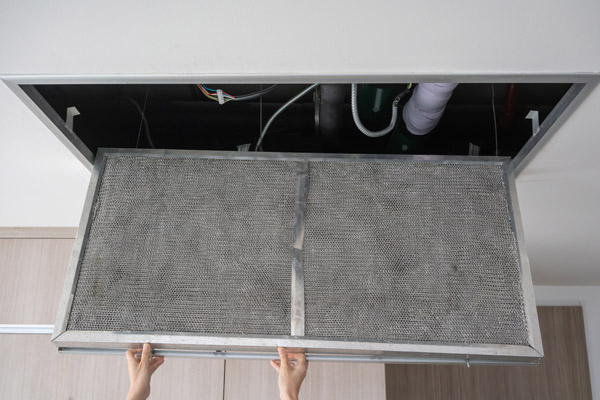
Dirty air filters can prevent the furnace from shutting off. Replace the air filters as necessary so this issue doesn’t occur. Call an HVAC technician to assist in filter replacement if the air filters cannot be accessed easily. You can also inquire about the right filter size to help improve the airflow. Having an HVAC professional helps you ensure that you use the correct air filter for your system.
Related Article: Seek A Second Opinion Before Replacing Your HVAC System
5. Problems with the Furnace Relay Switch
The relay switch may be stuck, causing the furnace not to turn off. If so, it needs to be reset. Call an HVAC technician to assess the relay switch to determine if it needs resetting or replacing. This will help enhance your furnace’s performance.
Another relay switch issue is when the contacts arc fuse and get pitted. As a result, the contacts cannot open correctly, preventing the furnace from shutting down as expected. This issue is likely present if you see a spark inside the furnace.
6. Furnace Gas Valve Is Stuck
The gas valve can get stuck after many years of use. When this happens, the furnace continuously combusts natural gas or propane and generates heat. Heated air will continue circulating throughout your home even after shutting down the furnace. As a result, the temperature continues to rise, and your home becomes too hot regardless of the current temperature settings.
A stuck gas valve accompanied by a gas leak can signal imminent dangers to your household. Higher gas flow can increase your gas bills, but it also means greater risks of fires, explosions, and carbon monoxide poisoning. Call an HVAC technician to resolve this gas valve problem immediately and protect your home and family.
Related Article: 7 Must-Have Accessories to Improve HVAC Performance
7. Leaky Air Ducts
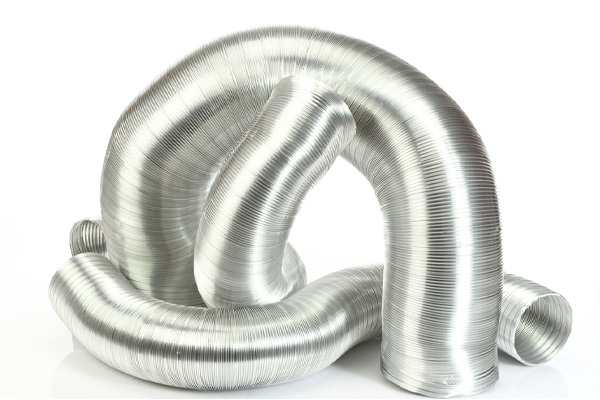
One of the early signs of a leaky air duct is uneven home heating. This is when inconsistent heating services from your furnace cause each room to have a different temperature. Another indicator is a higher dust buildup in your home. Lastly, a sudden and unexplainable rise in your energy bills can be because of damaged or leaky ductwork that needs to be replaced.
These problems occur from incorrectly sized ductwork that doesn’t match the heating system or the home. Air leaks and heat loss can also be caused by pests or small critters breaking into the ducts to make it their home. The best way to resolve these issues is to call a reliable HVAC technician who will inspect the ductwork to repair or replace them as needed.
How to Reduce Common Furnace Problems
Reducing furnace problems include following several crucial steps. Hire a professional HVAC technician to perform these services so you are certain that they are done accurately and, if applicable, your warranty remains intact. All maintenance and repair services should follow the manufacturer’s instructions written in the product warranty. Moreover, HVAC professionals are trained to conduct these services correctly the first time.
Related Article: Furnace Will Not Turn On With Thermostat
Annual Heating Maintenance Services
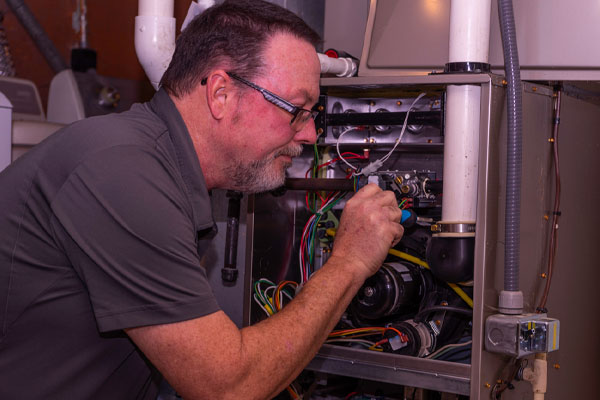
Booking yearly heating maintenance services helps find the problems before turning on your furnace. An HVAC technician will conduct thorough inspections and tests of all the furnace’s components. They will then let you know of any existing problems and recommend solutions. If your furnace is too old, they can suggest replacing it with a more advanced and energy-efficient heating system.
An HVAC tune-up includes a technician opening the furnace to clean it thoroughly. The dust and debris on its parts are eliminated, so you can enjoy using a fresh and clean system. They can also clean the ducts, registers, and vents to remove all debris.
Seasonal cleaning services also include changing the air filter and removing debris around it. The service provider will also check the air filter size and inform you of the frequency of air filter replacement.
Addressing Heating Problems Promptly
Call your trusted heating service provider at the first indication that your furnace is experiencing any problem. Early diagnosis and repair mean less wear and tear, so the heating system’s components do not fail prematurely. Moreover, you will save time and money by scheduling heating checkups and repairs sooner.
Related Article: What To Do When Your Furnace Blower Keeps Running But No Heat
Conclusion
A furnace that constantly runs presents many issues to homeowners. Professional HVAC services are crucial in system maintenance. A few problems can keep your furnace from turning off as expected, spiking the heating costs. Get in touch with a reputable HVAC company and book a service appointment at the first sign of these problems.
Related Article: An Overheating Furnace Is A Major Concern
Call Point Bay Fuel For All Your HVAC Requirements

Searching for exceptional heating and cooling services in Ocean County and Monmouth County, New Jersey? Look no further than Point Bay Fuel. Our team of experts comprises professionally certified technicians who can perform top-quality HVAC replacements, installations, repairs, and tune-ups. Our techs are experienced and knowledgeable in servicing any HVAC system accurately and safely.
Rest assured, you will receive quality and affordable services when you work with us. Our maintenance services improve your home’s comfort, energy efficiency, and more while reducing home heating expenses. We can suggest the most suitable and budget-friendly solutions for your HVAC repair or replacement system needs. We guarantee all the work we do because your satisfaction is our priority. To schedule a service appointment, call Point Bay Fuel today. We offer free, in-home estimates.
Contact us now by calling (732) 349-5059 to speak to one of our home comfort specialists! Click the link to view our service area.
The post My Furnace Won’t Turn Off – Why? appeared first on Point Bay Fuel.
